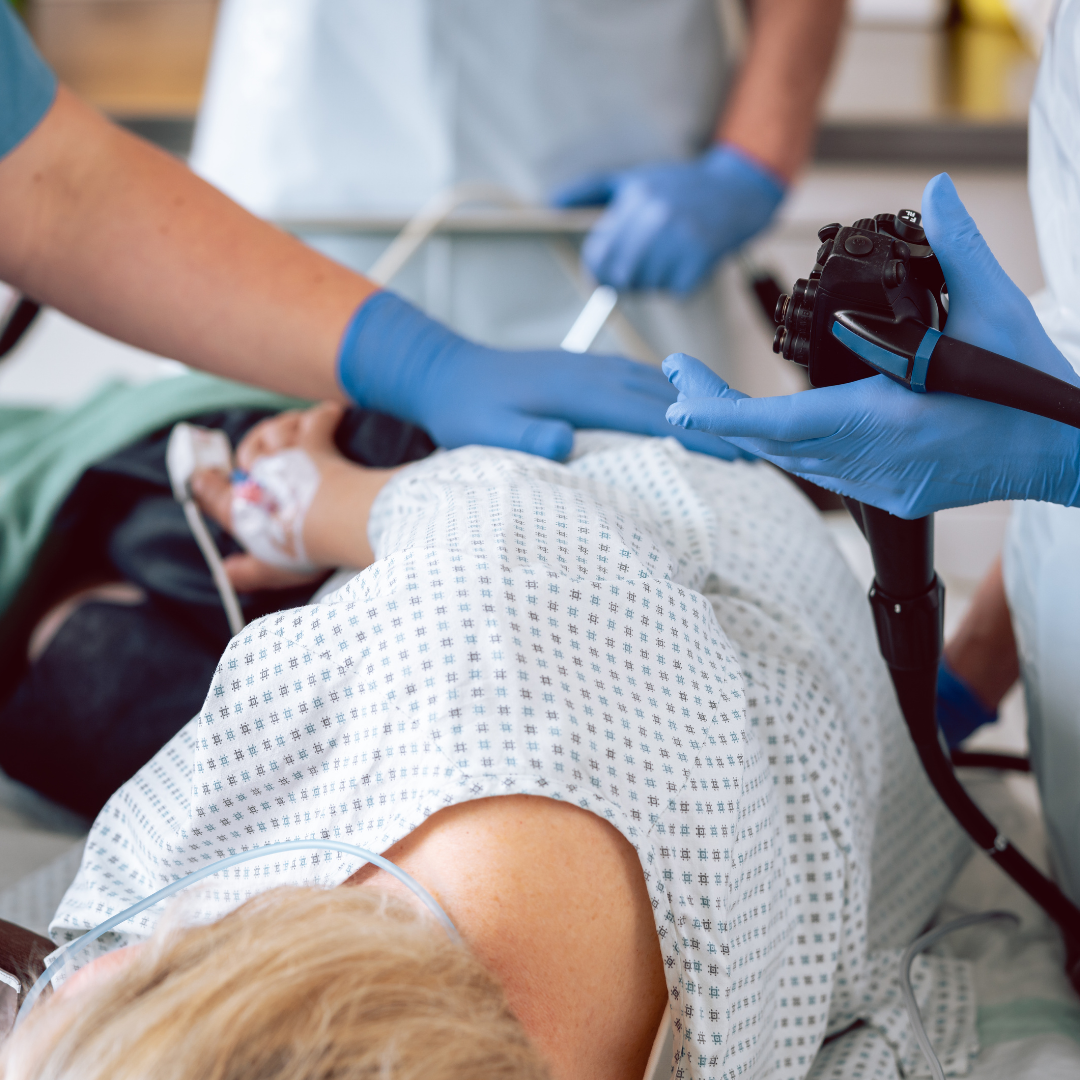When it comes to maintaining our health and well-being, regular check-ups and screenings are essential. Colonoscopy is one such procedure that plays a crucial role in the prevention and early detection of colorectal cancer, a leading cause of cancer-related deaths worldwide. In this comprehensive guide, we will explore the ins and outs of colonoscopy, its importance, preparation, procedure, and what to expect.
Understanding Colonoscopy
Colonoscopy is a diagnostic procedure that allows a physician to examine the inner lining of your colon and rectum using a long, flexible, and slender tube called a colonoscope. This tube is equipped with a tiny camera that provides real-time images of your colon on a monitor. Colonoscopy is a vital tool for detecting and preventing colorectal cancer, as it can identify polyps or abnormal growths that could potentially develop into cancer if left untreated.
Why Colonoscopy Matters
Colonoscopy is essential for several reasons:
1. Early Detection: Colorectal cancer often begins as benign polyps, which can be removed during the procedure before they become cancerous.
2. Preventative Screening: For individuals at an average risk of colorectal cancer, regular colonoscopies are recommended starting at age 45 or 50, depending on various factors.
3. Diagnostic Tool: Colonoscopy is also used to investigate the causes of gastrointestinal symptoms such as bleeding, unexplained pain, and changes in bowel habits.
4. Treatment and Biopsy: During colonoscopy, tissue samples (biopsies) can be collected for further analysis if abnormalities are detected.
Preparing for a Colonoscopy
Before the actual procedure, proper preparation is crucial:
1. Dietary Restrictions: You'll typically be asked to follow a clear liquid diet the day before the colonoscopy, avoiding solid foods.
2. Bowel Preparation: Your healthcare provider will prescribe a bowel-cleansing preparation (usually a liquid) to ensure your colon is clear for examination.
3. Medication Review: Inform your doctor about your current medications, as some may need to be adjusted or temporarily discontinued.
4. Transportation: Arrange for someone to drive you home, as the sedative used during the procedure can impair your ability to do so.
The Colonoscopy Procedure
1. Sedation: Most colonoscopies involve conscious sedation, which means you'll be relaxed but still awake. You may have little to no memory of the procedure.
2. Insertion of Colonoscope: The colonoscope is gently inserted through your rectum and navigated through the colon. The camera transmits images to a monitor, allowing the doctor to examine the colon's lining.
3. Polyp Removal: If any polyps or suspicious areas are found, they can be removed during the procedure and sent for biopsy.
4. Completion and Recovery: The procedure typically lasts about 30 minutes to an hour. You will be monitored as you recover from sedation before being allowed to go home.
After the Colonoscopy
After the procedure, it's essential to follow your healthcare provider's instructions:
1. Recovery Time: Plan to rest for the remainder of the day as the sedation wears off.
2. Diet: Gradually reintroduce solid foods following your doctor's recommendations.
3. Post-Procedure Care: Contact your healthcare provider if you experience any unusual symptoms, such as severe pain, bleeding, or fever.
4. Follow-Up: Discuss the results of your colonoscopy and any necessary follow-up procedures or screenings with your doctor.
Conclusion
Colonoscopy is a valuable tool in the fight against colorectal cancer. By understanding the importance of this procedure, preparing adequately, and knowing what to expect, you can take charge of your health and reduce the risk of developing or missing early signs of colorectal cancer. If you're due for a colonoscopy or have concerns about your digestive health, consult with your healthcare provider to discuss your screening options and any questions you may have. Your health and well-being are worth the effort.

